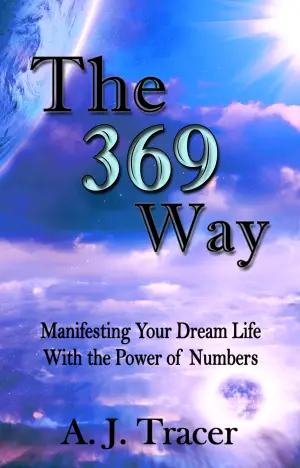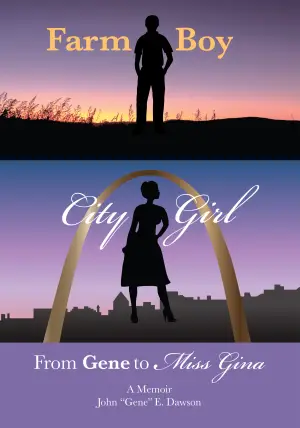A Journey into Darkness: My Thoughts on The Waiting
As I settled down with Michael Connelly’s The Waiting, I couldn’t shake off the anticipation that came with diving back into the world of Harry Bosch and Renée Ballard. Connelly’s narratives are like well-worn paths for me—familiar, yet filled with hidden twists and turns that compel me to explore deeper. When I last encountered Ballard in Desert Star, I was left feeling a bit disappointed by her apparent shift toward bureaucratic duties. However, I’m delighted to report that The Waiting revitalizes her character in ways I truly needed.
In this installment, Ballard emerges as the driving force behind the investigations, no longer relegated to the sidelines. The opening scenario—a theft of her badge and gun while she’s in the waves—sets the stage for an engaging narrative. My heart raced as she initially chooses to tackle this personal crisis alone, a thrilling choice that underscores her fierce independence. This investigation intertwines expertly with her role in the LAPD’s Open-Unsolved Unit, where she leads a band of volunteers—bringing fresh faces and perspectives to the series. Getting to know this team added depth to the plot while pouring a little fresh paint on the canvas of past Bosch adventures.
One of the standout aspects of the book is how Connelly gradually peels back the layers of Ballard’s childhood trauma. The glimpses into her past are not just narrative add-ons; they are key ingredients that shape our understanding of her tenacity. I found myself more invested in her character as her painful experiences began to surface, allowing us to empathize with her struggles while fortifying her resolve.
Connelly’s trademark evocative prose and keen attention to detail shone brilliantly in this novel. The geography of Los Angeles is almost a character in itself, reminding me of how richly grounded the series is in the city’s fabric. Compared to Desert Star, the pacing felt tighter—Connelly juggles multiple storylines with finesse. I never found myself lost amid the intertwining cases, and my interest remained piqued as the narrative shifted seamlessly between the Pillowcase Rapist investigation and the threat posed by her stolen badge.
While I found the Pillowcase Rapist case riveting, particularly the connections drawn between past and present characters, the Black Dahlia storyline felt slightly underwhelming. It’s a high-profile mystery that too many writers have dabbled in, and its inclusion felt more like a nod to history than an organic fit for the narrative. I wished for a stronger sense of purpose behind Maddie Bosch’s involvement that might one day bolster her character further.
As I closed the final pages of The Waiting, I felt a mix of satisfaction and hope. It’s not quite the same level of brilliance as The Dark Hours, but it solidly stands on par with Desert Star—a 4.5-star read that earned a nudge up to five in my heart.
For anyone who delights in crime fiction steeped in character depth and atmospheric settings, The Waiting is a must-read. It’s a novel that not only keeps you guessing but also provides invaluable insights into its multifaceted characters, giving us a raw look at how their darker pasts shape their present choices. I walked away not just entertained but compelled to engage in discussions about resilience, our past, and, yes, the power of waiting.
Thank you to Little, Brown and Company for sharing a digital copy of this gripping tale via NetGalley. As always, my thoughts are my own, shared in the hope of connecting with fellow book lovers.
Discover more about The Waiting (Harry Bosch, #25; Renée Ballard, #6; Harry… on GoodReads >>












